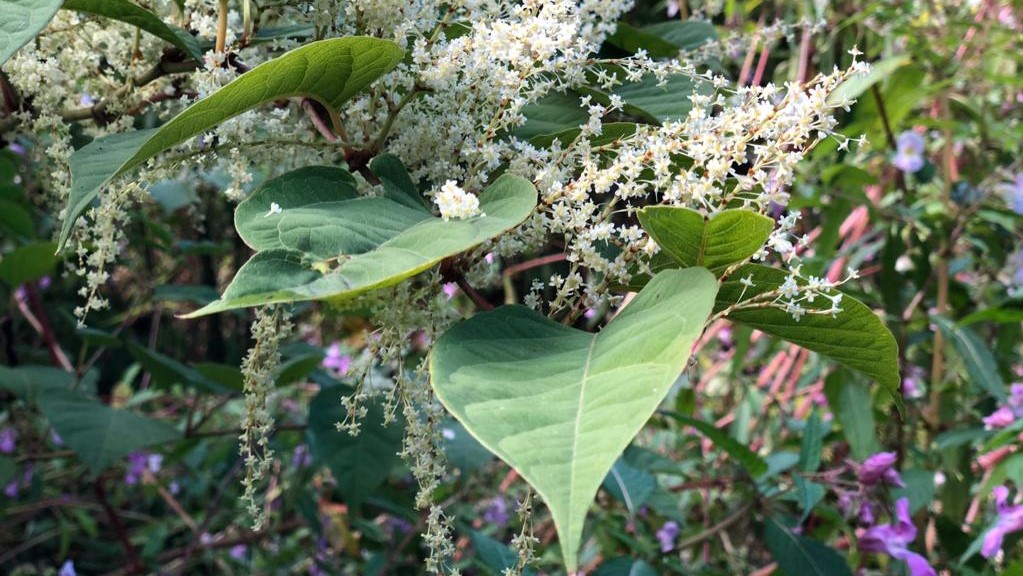
Real-world trials to kill Japanese knotweed through dehydration are to start next year, after laboratory tests concluded that the method was 100% successful in preventing regrowth.
Last week, CM reported how an Aecom-sponsored study, in conjunction with the National University of Ireland, Galway and the University of Leeds, found that the removal of moisture could act as a potential control strategy for smaller infestations of the invasive weed.
However, the method has not yet been tested in real-world conditions – something the study now plans to address.
Register for free or sign in to continue reading
This is not a paywall. Registration allows us to enhance your experience across Construction Management and ensure we deliver you quality editorial content.
Registering also means you can manage your own CPDs, comments, newsletter sign-ups and privacy settings.











